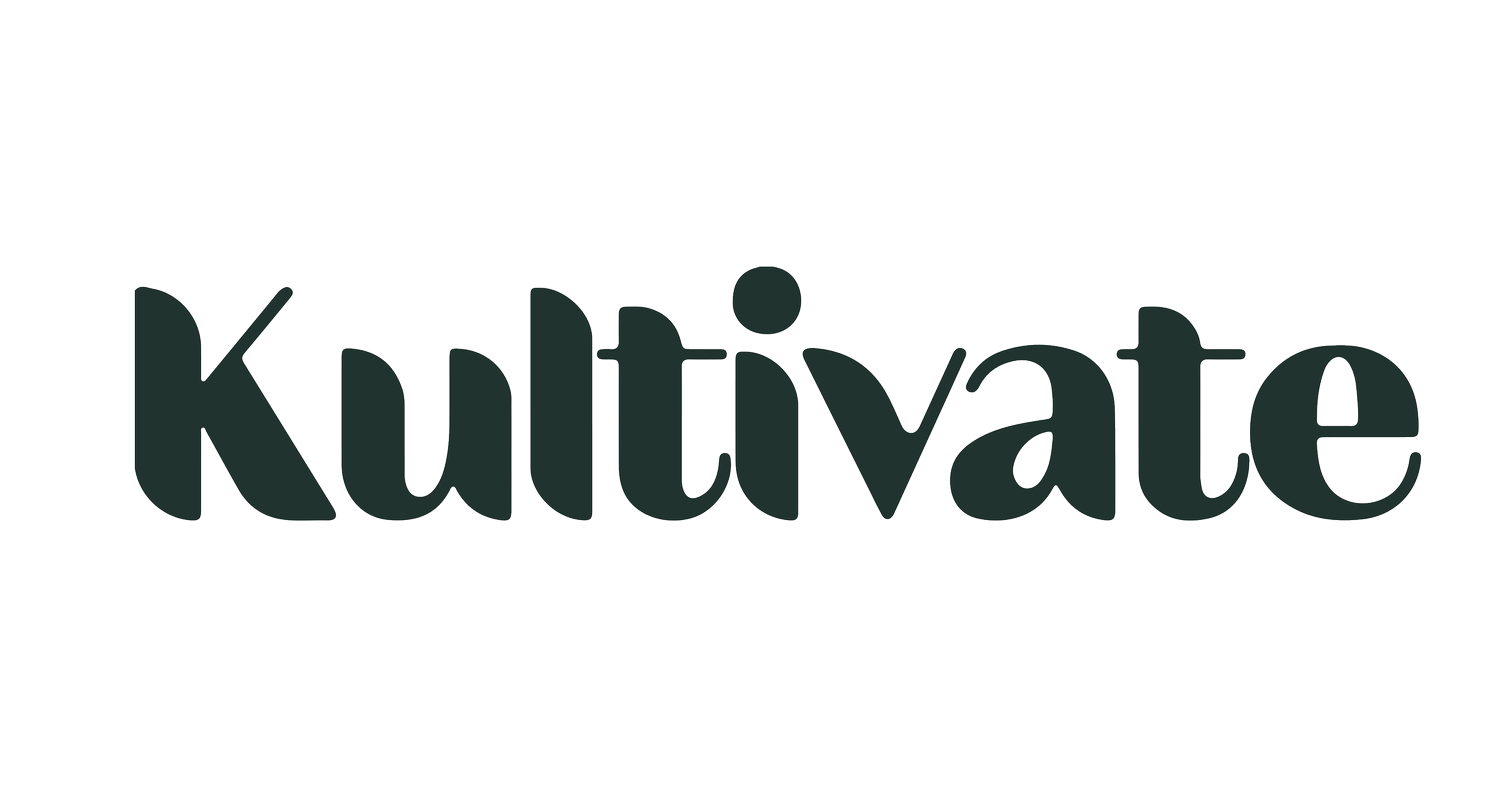International Day of People With Disability
On December 3rd 2024 I spoke in front of an awaiting audience my favourite topic - mental health of people with disability. It was the perfect way to celebrate International Day of People With Disability.
This was my first Key Note speech and the welcome I received from the hosts at St John of God Accord was phenomenal.
Here is a summary of my speech:
“I was an angry child. I was in my late twenties when I finally made the connection between being an unheard disabled kid and my persistent anger.
We get told by the society we live in, that we cannot possibly be well if we’re disabled.
But disabled people experience discrimination in our daily life and this of course impacts our quality of life and mental health.
Mental ill health is not our destiny. We often have poorer mental health because we live in a world that isn’t built for us.
The question that needs answering is not how can we live well with disability but how can we live well in an ableist world?
If we want to improve the lives and mental wellbeing of disabled people we need to change the world.
By the world I mean the society we live in, to become equitable and safe for every body and every mind.
But, while we are working towards changing the world, we also need individual support - so that we each live well in a world that isn’t built for us.
So how do we thrive with our mental wellbeing in this world? There are three pillars I’m suggesting we focus on.
The first pillar is formal support.
This support can include health, community and other professionals, and it needs to focus on removing barriers to participate equitably in society and thrive.
The support should aim to increase our quality of life - not focussing solely on our limitations, but consider our personal goals, dreams, aspirations and our strengths.
The second pillar of living well and improving our mental health as disabled people is social connections.
Finding our people can be hard. Sometimes even being around others is difficult, and the spaces people spend time in are often inaccessible.
When I was growing up, I did have friends. But there was so much all my friends did that I couldn’t do. And it left me feeling like an outsider.
I believe that we need social connections both within and outside the disability community. When we pretend like we don’t belong to the disability community, we are feeding into our internalised stigma. We also miss out on opportunities to learn, to laugh, to heal.
I often hear in my practice: ‘People don’t get it’.
This is where the third pillar for mental wellbeing comes in - engage better.
This pillar helps us build and sustain the first two pillars and our mental wellbeing overall. Engaging better is about improving our skills that lift our wellbeing.
I’m going to tell you about the skills I believe are most important, which is why I called them the building blocks of the third pillar.
Asking for help is the first building block of engaging better.
As disabled people, we need to ask for help so much more because we live in a society that doesn’t automatically accommodate our needs.
The second building block of engaging better is communication.Not only we may struggle with communication because of our disability experience, but as disabled people we need to have better communication skills than non-disabled people.
Our third building block for engaging better is acceptance. It’s about learning how to be uncomfortable, and at the same time, be ok.
The fourth building block is managing disability tax. We need to manage and address disability tax to make sure we minimise it as much as possible, manage our time the best we can, and get the supports we need to ensure we still have space for meaning and purpose.
The fifth building block of engaging better, which is my favourite, is meaning and purpose. To optimise our mental health we want to experience joy, self confidence and positive emotions. [2] We need to do things that matter to us, to behave in a way that makes us feel proud.
The next building block in the engage better pillar is self compassion. To best live through all of these external and internal challenges, and look after our mental wellbeing, we need self-compassion.
The final building block we need to mention, and I’m going to put it at the very bottom of the pillar, because without it, we can really struggle with all of those skills.
A crucial building block in engaging better to improve our mental wellbeing, is understanding and managing our internalised ableism.
Internalised ableism is the common denominator that gets in our way to practice all of these! Without managing this, you can see how the pillar kind of falls down.
Internalised ableism is the collection of the thoughts, feelings, and behaviours that are rooted in the discrimination and prejudice against disabled people.
When we learn to recognise, name, and manage our own unique collection, it makes it possible to be more compassionate towards ourselves, more accepting, to find meaning and overall engage better. “
There was more to this speech, which if you’re interested you can listen and watch here.
What I particularly enjoyed was connecting with fellow disabled people and the people who support them.
Thank you again to St John of God Accord for having me, and to Nillumbik Shire Council for the grant making this event possible.
Until the next IDPWD, let’s all find small moments of celebrating disability pride.
Liel Bridgford
Psychologist, Writer, Educator
Kultivate Founder and Director
